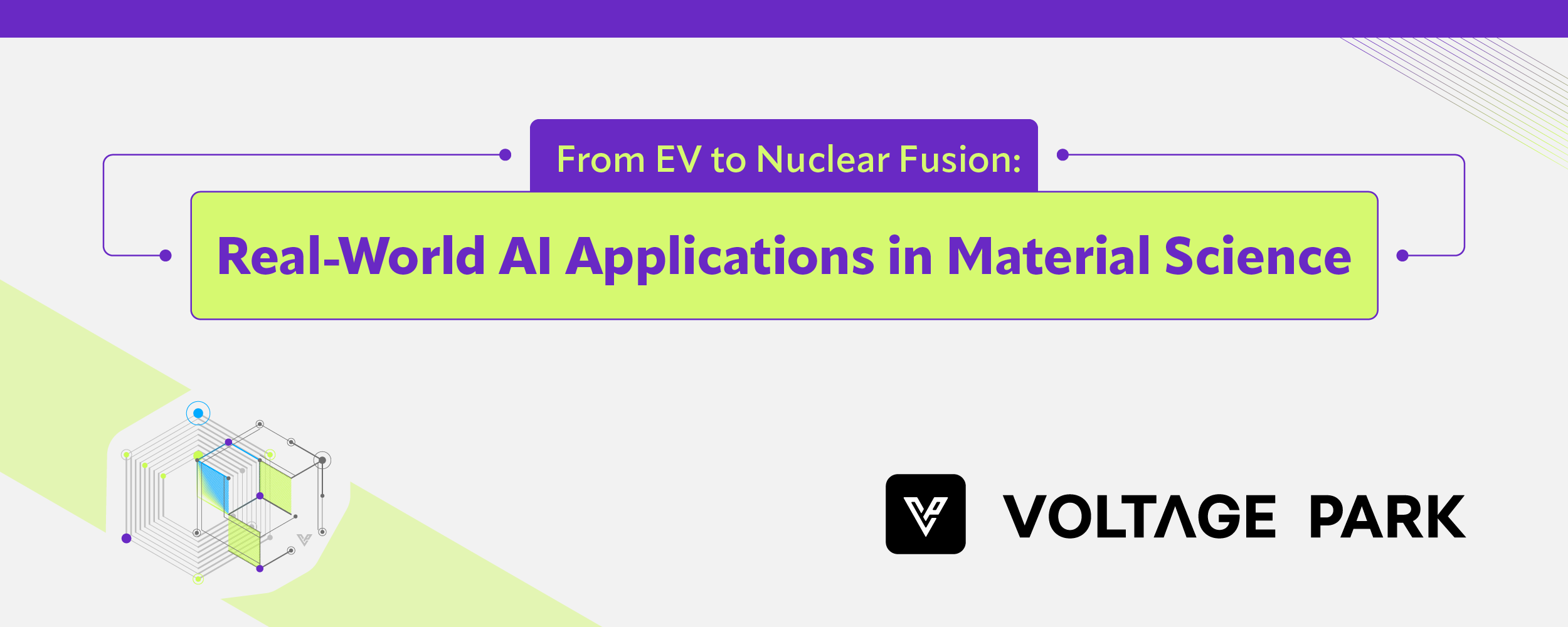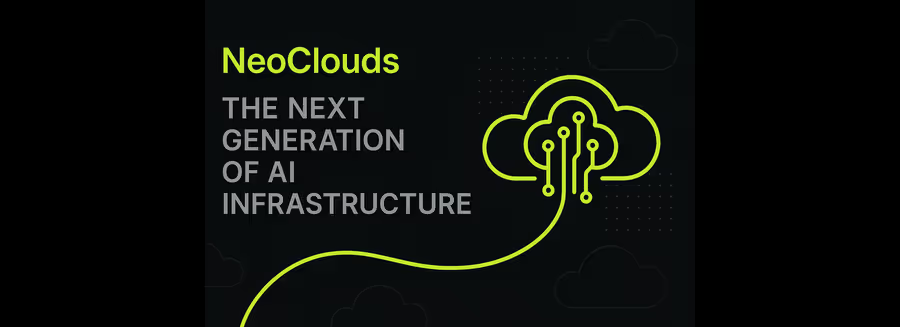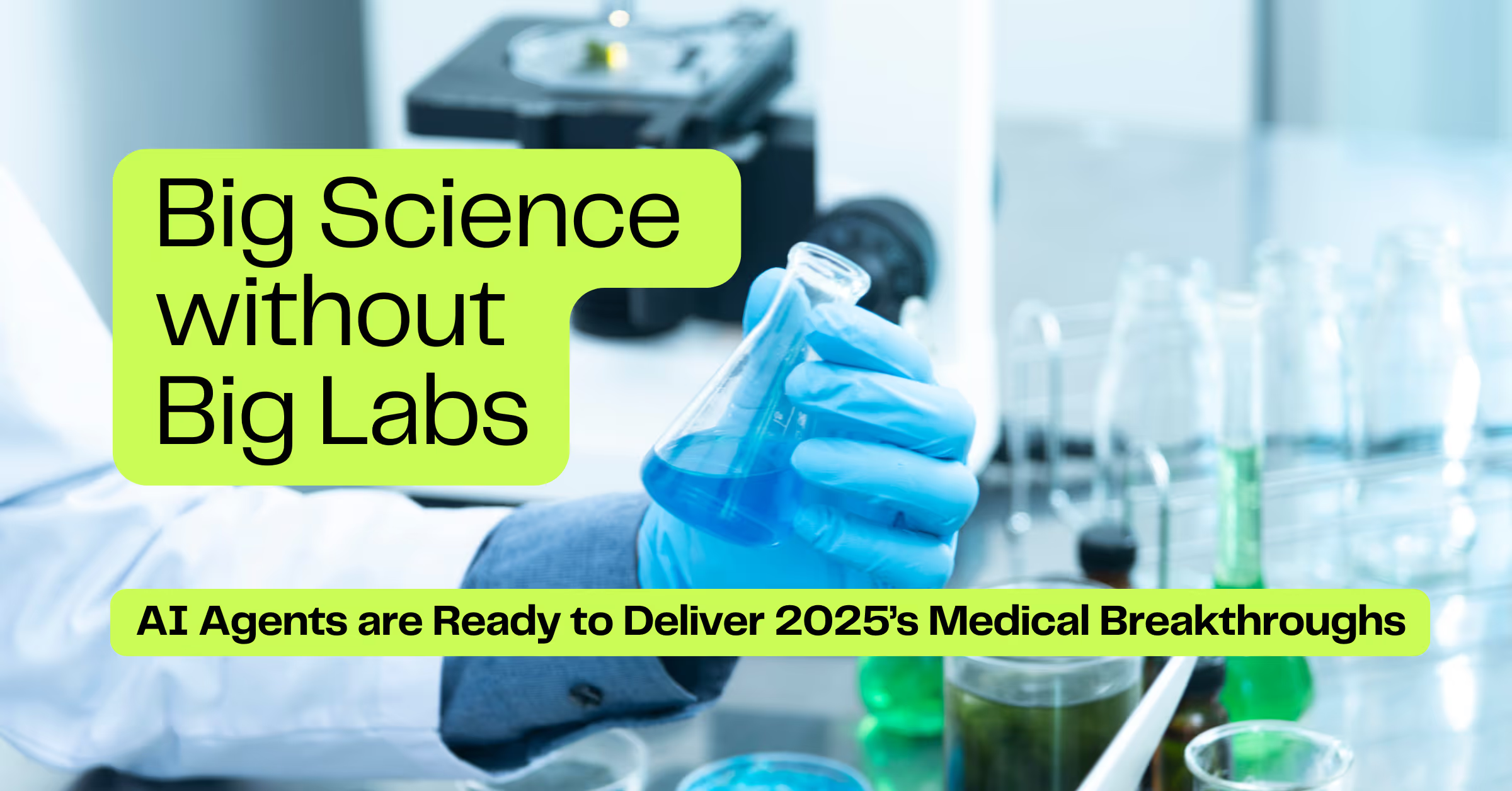From EVs to Nuclear Fusion: Real-World AI Applications in Material Science

Without reliable GPU infrastructure, solving some of the hardest problems across industries, such as sustainable energy and next-generation vehicles, will remain theoretical. In his discussion with Voltage Park CEO Ozan Kaya, Radical AI CEO Jorge Colindres explained how machine learning and automation are redefining what is possible, and allowing companies at all stages of funding to pursue their ambitions.
Electric Vehicles
Coast-to-coast battery range
One of the most tangible applications of AI-driven material science is in electric vehicles. Extending battery range from regional commutes to coast-to-coast travel requires breakthroughs in efficiency and durability.
- Efficiency: Optimizing material performance increases energy density and reduces waste.
- Sustainability: Advanced materials enable greener energy storage and longer battery lifecycles.
- Consumer impact: Longer range removes one of the biggest adoption barriers for EVs, transforming the market.
Radical AI’s machine learning models are exploring vast chemical spaces to identify materials that can meet these demands. Running on Voltage Park’s infrastructure makes sure those searches run at scale.
Nuclear Fusion
“A star in a bottle” explained
Nuclear fusion has long been described as the ultimate clean energy solution: a miniature star contained inside a reactor. But the challenge ahead relies on finding an answer within material sciences. Namely, what materials are strong enough to handle astronomical levels of heat exposure.
- Plasma leakage: Superheated plasma damages reactor walls, eroding materials over time.
- Diverter material challenges: The diverter, acting as the exhaust, must withstand extreme conditions without degradation.
- Resilience requirements: Materials must be discovered and tested that can survive sustained exposure in reactors.
Radical AI applies AI-driven discovery to these challenges with GPU infrastructure capable of processing the complex simulations and experiments so that progress can be accelerated.
Consumer & Industrial Use Cases
Semiconductors, aerospace, energy
Beyond EVs and fusion, Radical AI’s work demonstrates flexibility across industries:
- Semiconductors: Advanced materials for faster, more efficient chips.
- Aerospace: Lightweight, resilient materials for safer, more efficient travel.
- Energy: Sustainable solutions to support global grids.
Each use case requires different properties and designs, but all depend on the same principle: compute-driven discovery.
Voltage Park GPUs scale across industries
From batteries to reactors to chips, every breakthrough relies on scalable infrastructure. Voltage Park’s GPU clusters let companies like Radical AI to move beyond experiments into usable, industry-ready results.
Ready to build with us? Contact sales.
%201.avif)


